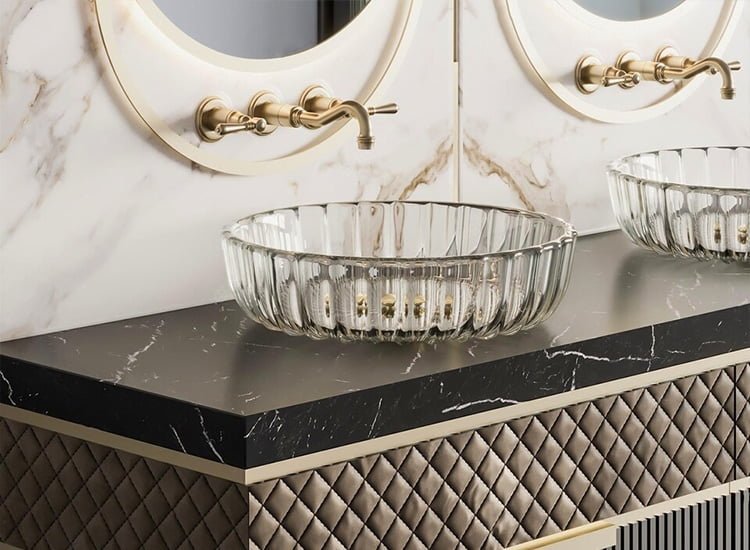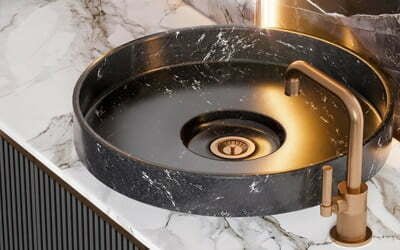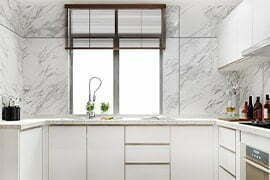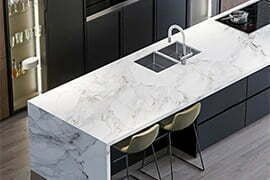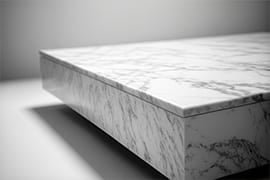Quartz countertops are relatively low maintenance, as they do not require sealing like natural stone countertops. They can be easily cleaned with soap and water, and any stains or spills can be wiped up with a damp cloth. However, it is still important to avoid using harsh chemicals or abrasive cleaners on the surface.
The cost of quartz countertops can vary depending on factors such as the quality of the material, the size of the countertop, and the complexity of the installation. In general, quartz countertops can be more expensive than other materials like laminate or tile, but they are often more durable and long-lasting.
How to clean quartz countertops?
Cleaning quartz countertops is a straightforward and relatively hassle-free process that ensures the longevity and pristine appearance of your surfaces. Start by using a mild dish soap or a pH-balanced stone cleaner diluted with warm water. Avoid abrasive or acidic cleaners, as they can damage the surface’s luster over time. Gently wipe down the countertops using a soft cloth or sponge, focusing on any spills or stains. For tougher stains, a non-abrasive sponge or a plastic scraper can be used to gently lift residue.
Once the countertops are cleaned, thoroughly rinse with water to remove any cleaning solution residue. Dry the surface with a clean, soft cloth to prevent water spots or streaks. To maintain the shine, you can use a specially formulated quartz countertop cleaner, following the manufacturer’s instructions.
While quartz countertops are highly resistant to stains, it’s still advisable to promptly clean spills to prevent potential staining. Common culprits like coffee, wine, and oil should be wiped away as soon as possible. For tough stains like dried-on food or chewing gum, carefully scrape off the residue using a plastic scraper.
Avoid exposing quartz countertops to excessive heat, as direct contact with hot cookware can lead to thermal shock and potentially cause cracks or discoloration. Always use trivets or hot pads under hot pans or pots to protect the surface.
Routine care includes using cutting boards for food preparation and avoiding chopping directly on the countertop. While quartz is highly durable, using cutting boards prevents potential scratches and keeps the surface looking pristine.
In summary, maintaining the allure of quartz countertops is easily accomplished with gentle cleaning agents, regular upkeep, and a cautious approach to heat and potential abrasives. Adhering to these cleaning guidelines ensures that your quartz countertops remain a striking and functional focal point in your home for years to come.

